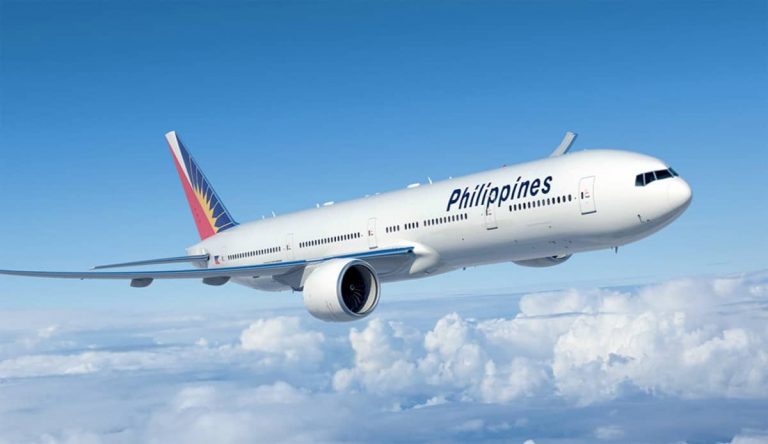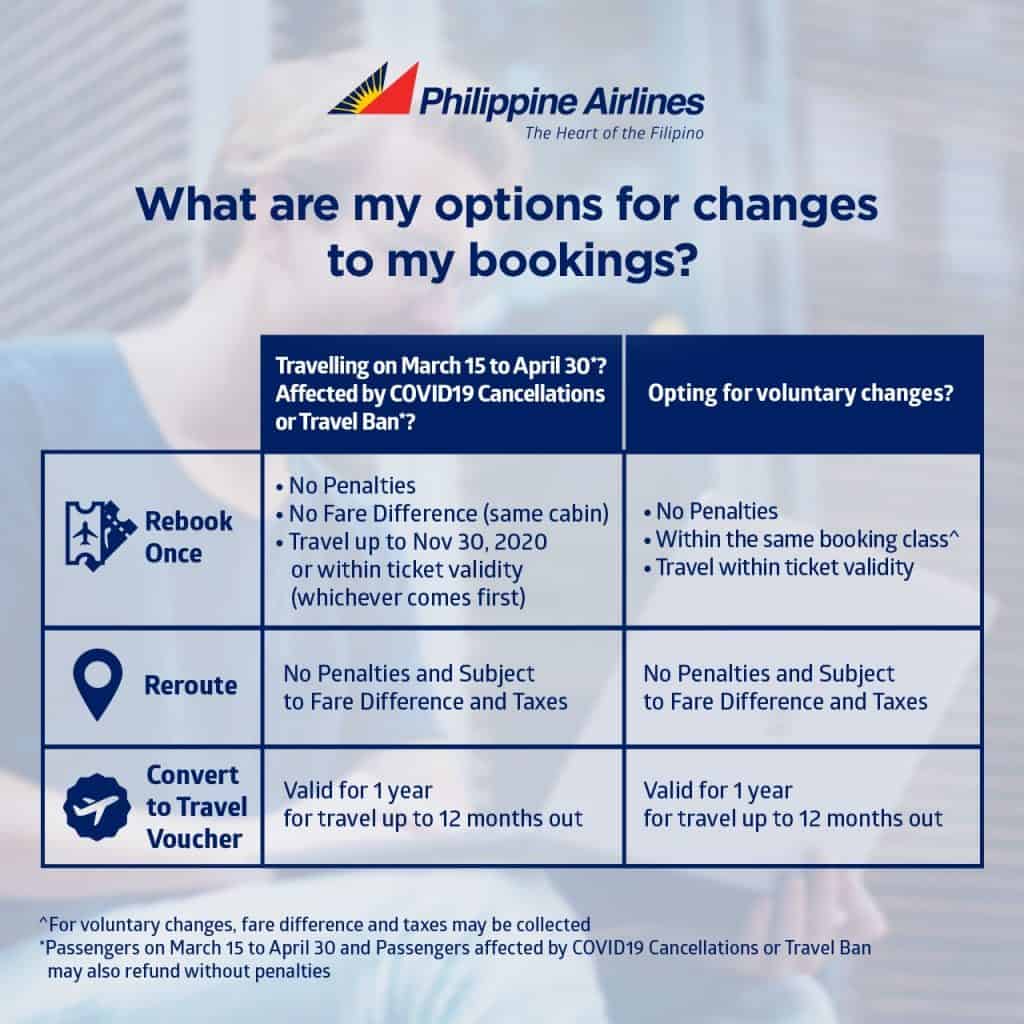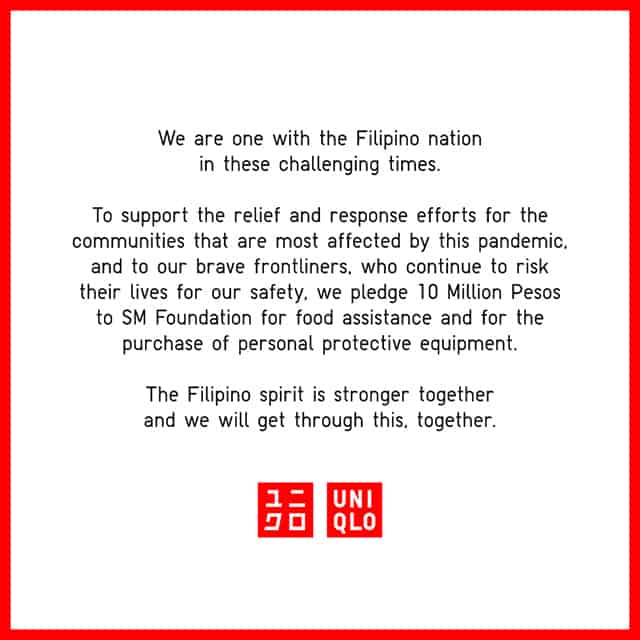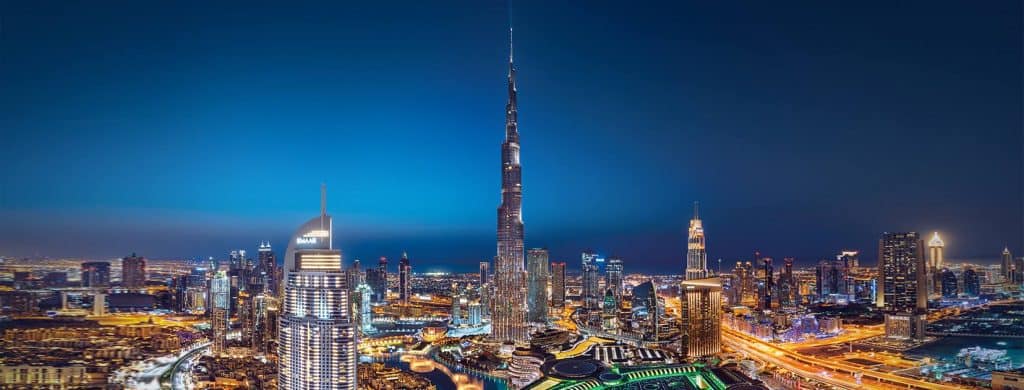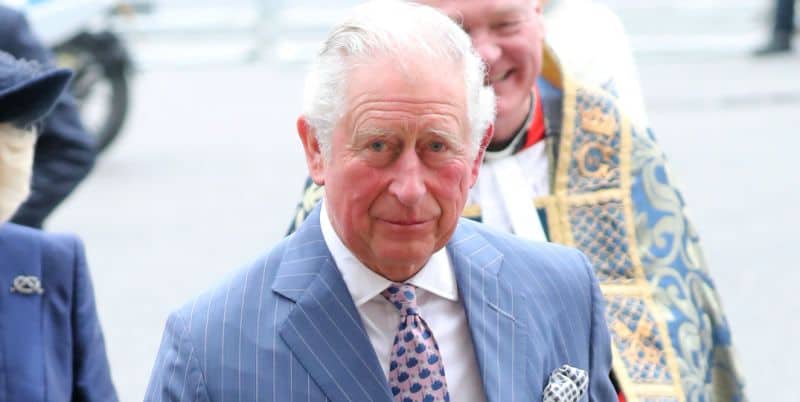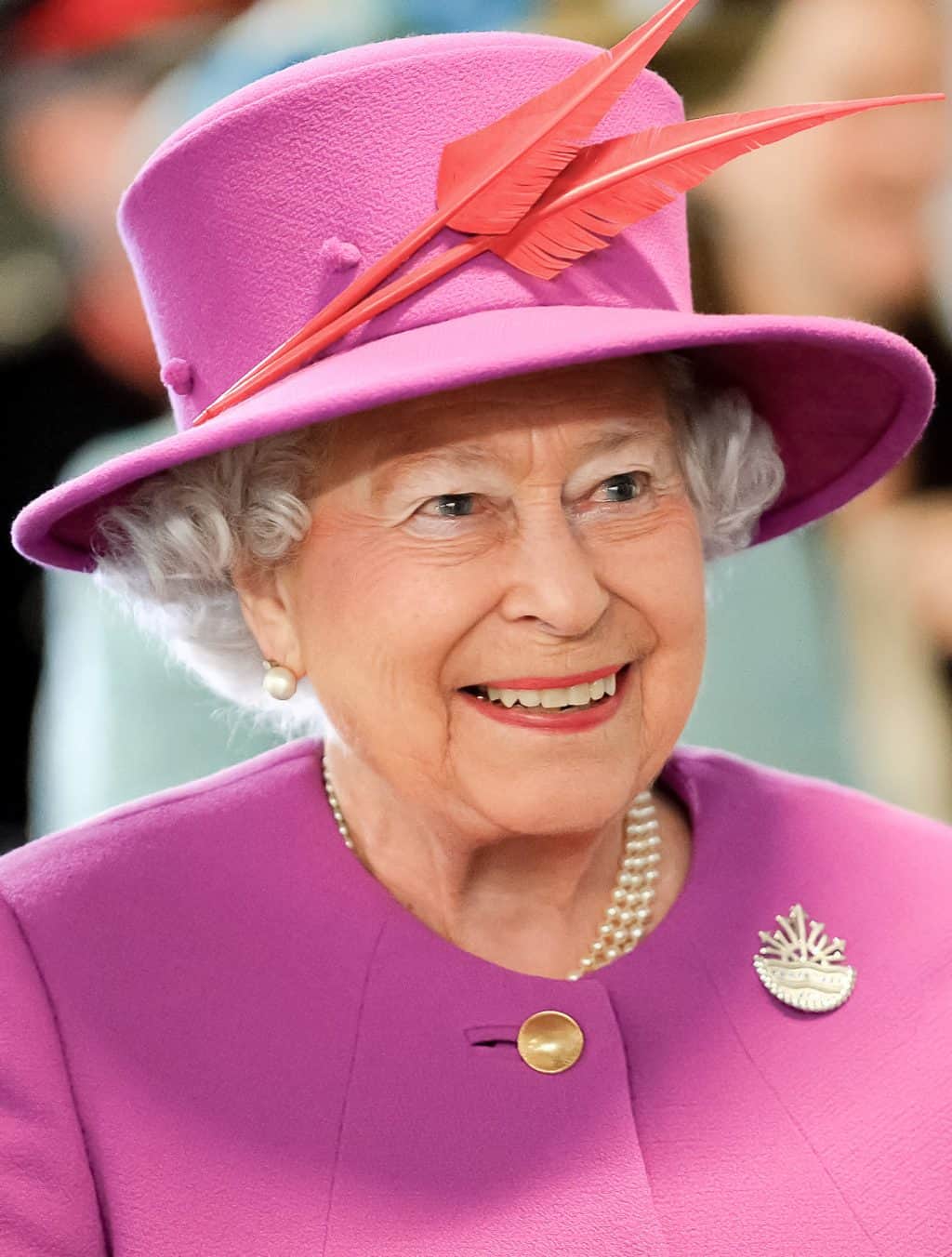We have yet another private institution standing side-by-side with the government in our rally against COVID-19.
Okada Manila, a luxury casino resort and hotel in Manila, pledged P50M through the Okada Foundation.
With the continuous plead of our medical personnel for support, Okada Foundation adhered to the calling of helping our frontliners. Okada Manila will be donating P25M to the Lung Center of the Philippines (LCP) and another P25M to the Philippine Heart Center (PHC).
With the continuous rising of cases in the nation, we need more philanthropists and companies to help in aiding our medical personnel so they would be able to continue healing our patients.
Okada Foundation said that the donation would be used by the hospitals to purchase needed items in their combat against COVID-19.
“Okada Manila stands united with all medical frontliners whose selfless acts of service help keep the nation safe,”
With the never-ending support of generous individuals, foundations, and companies, may more of the aforementioned be inspired to help the nation.
COVID-19 Cebu
As the threat of the Coronavirus 2019 or COVID-19 rises every day, the Cebu province has taken a proactive approach and is pulling all stops in protecting the island. Here’s everything you need to know about COVID-19 and its symptoms: https://sugbo.ph/2020/corona-virus-in-cebu/
With this, an Executive Order was issued for the implementation of the drastic but necessary measures to avoid the spread of the virus. For more information, head on to: https://sugbo.ph/2020/cebu-implements-drastic-measures/
If you are sick and think you have symptoms of COVID-19, seek medical attention, call the local Coronavirus Health Information Line for advice: 0922-397-2334 / 0943-568-3298 / (032) 402-3091 / (032) 402-1269.






